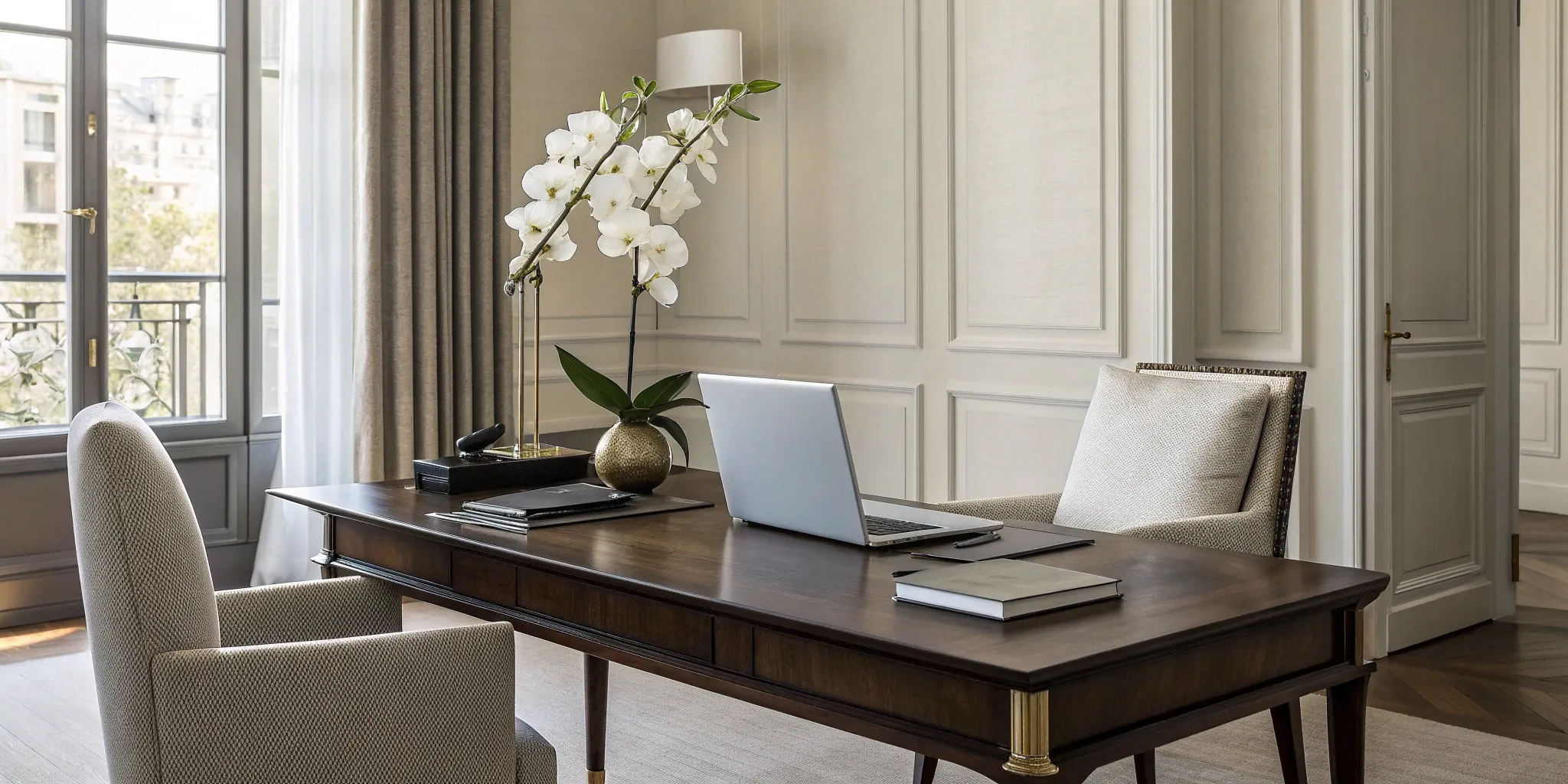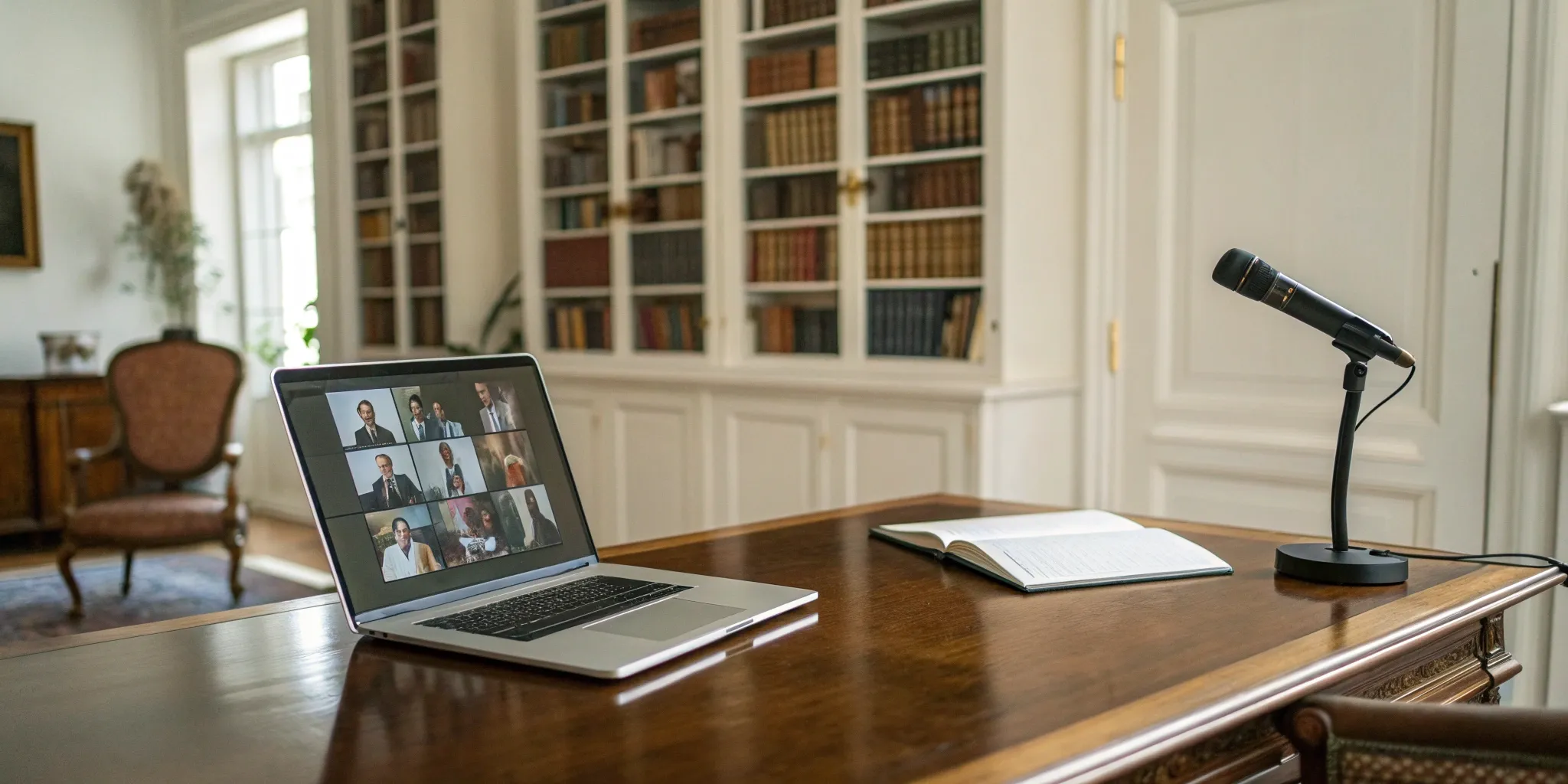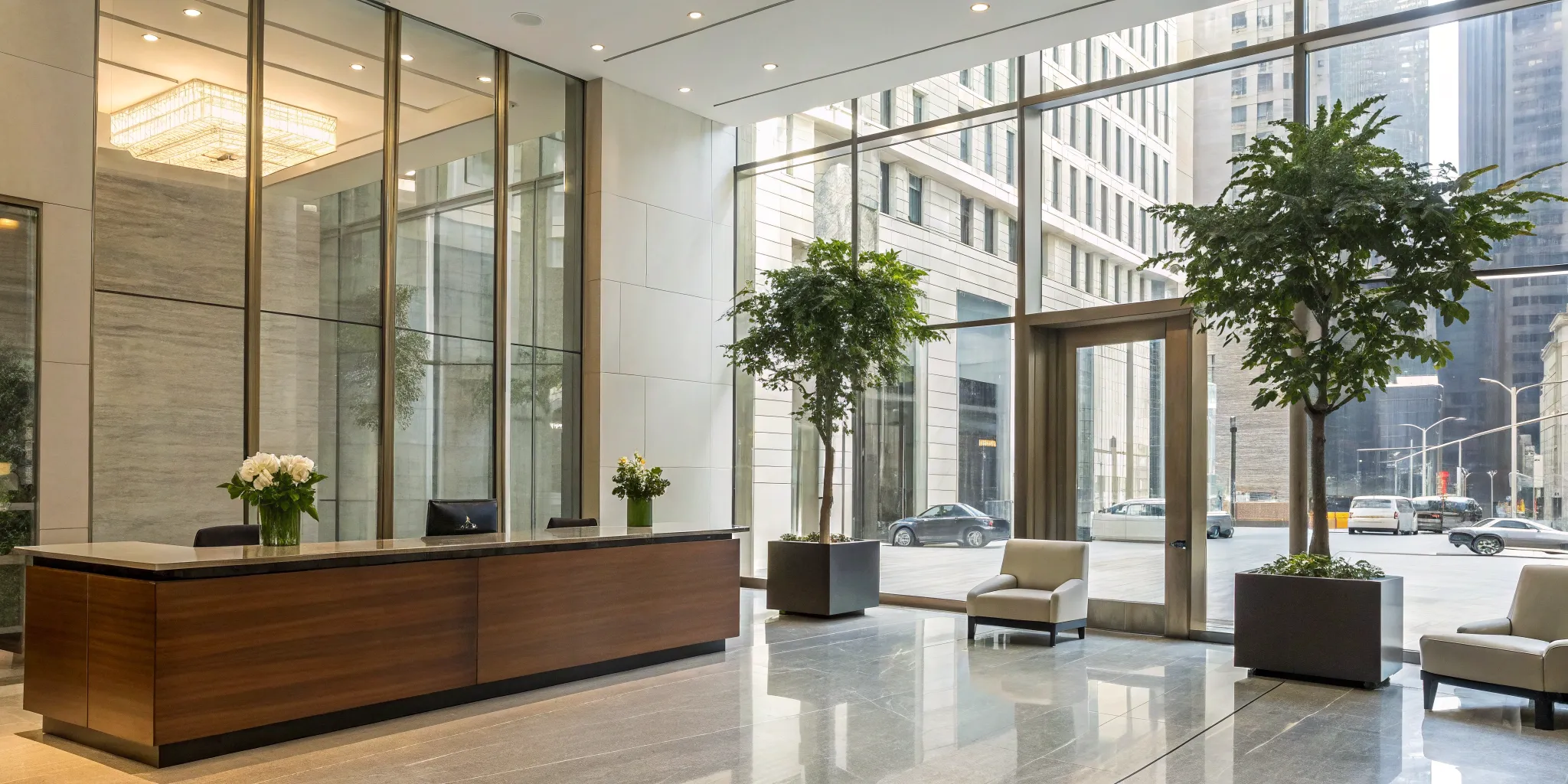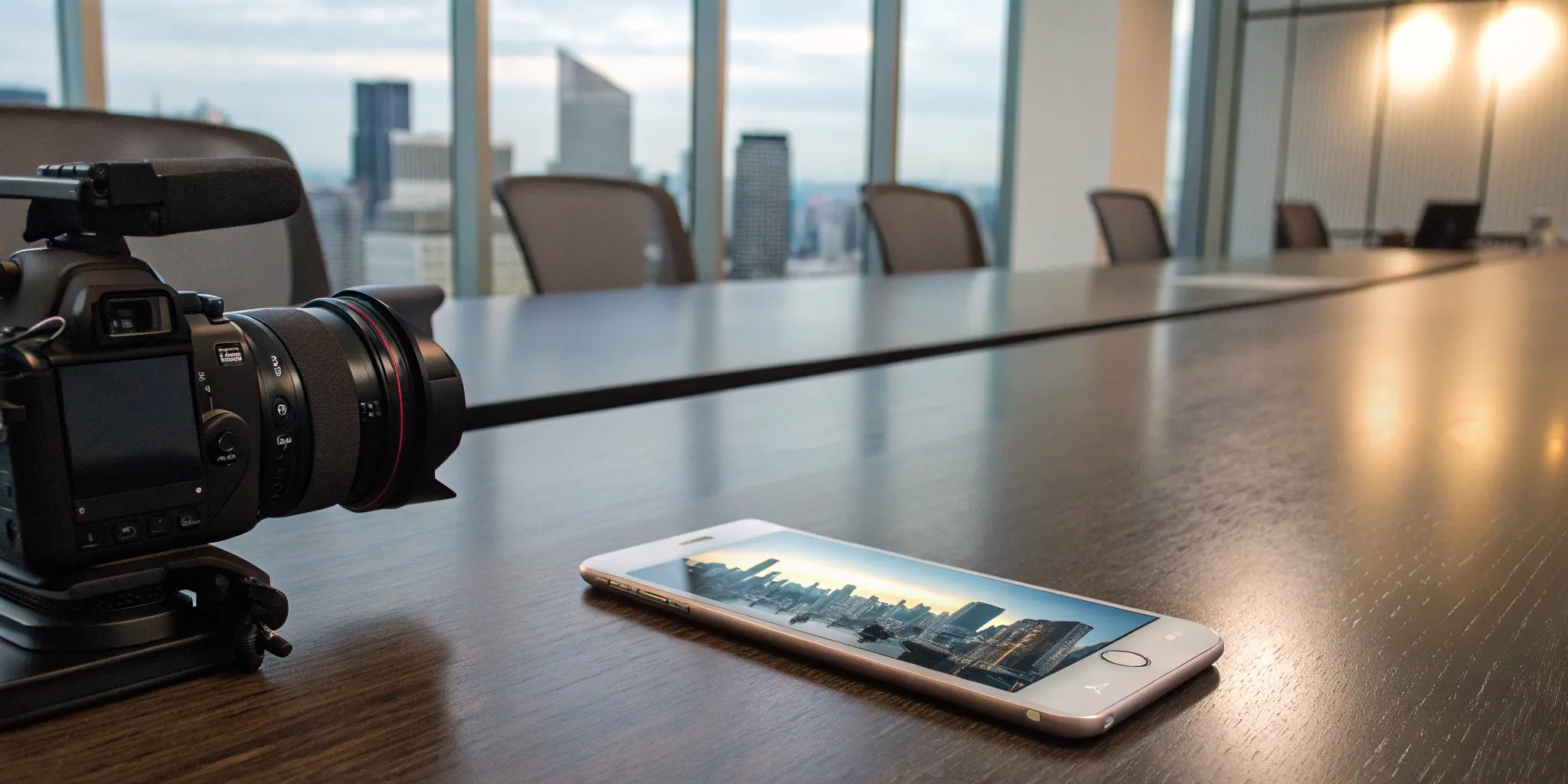If you’ve ever worked with a large agency, you might know the feeling of being sold a vision by the senior team, only to be passed down to a junior account manager. It’s a common frustration that can leave you feeling like your brand isn’t a priority. This is the exact problem a boutique marketing agency is designed to solve. With a smaller, more focused team, you get direct access to the seasoned experts and industry veterans who are actually executing your strategy. This hands-on approach ensures your vision is never lost in translation and that your campaign is guided by true expertise from start to finish.
Key Takeaways
- Choose a Specialist for a Sharper Strategy: A boutique agency’s deep expertise in a specific niche, like public relations, delivers a more effective, custom-built plan that a larger, generalist firm often can’t match.
- Work Directly with Seasoned Experts: Partnering with a boutique firm means you collaborate with the senior professionals actually running your campaign, leading to clearer communication, faster results, and a strategy guided by true industry veterans.
- Build a Partnership Through Clear Alignment: The best results come from a true partnership. Before starting, align on goals, communication style, and project scope to create a seamless collaboration where everyone is working toward the same outcome.
What Exactly Is a Boutique Marketing Agency?
When you hear the term “boutique agency,” think small, specialized, and highly skilled. Unlike large, full-service agencies that try to be a one-stop shop for everything from web development to social media, a
Defining Features
At its core, a boutique agency is a small company that concentrates on a specific niche within the marketing world. Instead of offering a broad menu of services, they dedicate all their resources to mastering a particular area, like media placements for non-fiction authors or brand strategy for CEOs. This specialization means they have a deep understanding of the challenges and opportunities within that niche. They aren’t just generalists; they are seasoned experts who live and breathe their craft, which allows them to create highly effective, tailored strategies for their clients.
Small Teams, Big Impact
One of the biggest advantages of working with a boutique agency is the small, dedicated team you’ll have on your side. With fewer layers of management and less bureaucracy, these teams can work much more efficiently and respond to your needs quickly. You get direct access to the senior experts who are actually doing the work, not a junior account manager. This lean structure means projects move faster, communication is clearer, and the strategy is executed by the very people who created it. It’s a hands-on approach that ensures your vision doesn’t get lost in translation.
A Focus on Niche Expertise
Boutique agencies build their reputations on their expertise. Because they focus on a specific service or industry, they develop an incredible depth of knowledge that larger agencies often lack. This allows them to deliver highly customized solutions that are perfectly aligned with your unique goals. They understand the nuances of your industry and know what it takes to get real results. This level of specialization means you’re not just getting a generic marketing plan; you’re getting a strategy built from years of focused experience, designed to create a unique marketing experience that sets you apart.
Boutique vs. Large Agencies: What’s the Difference?
The main difference comes down to focus and scale. A large, full-service agency can handle many different types of projects from start to finish, but you might work with various teams and a less personal approach. A boutique agency, on the other hand, provides personal attention from senior-level experts focused on one specific area. They are often more cost-effective and can deliver results faster due to their streamlined processes. If you need a highly specialized skill set and prefer a close, collaborative partnership, a boutique agency is almost always the better choice.
The Boutique Agency Advantage
Choosing a public relations partner is a big decision. While large, well-known agencies have their appeal, there’s a powerful case to be made for the boutique agency. It’s not just about size; it’s about a fundamentally different approach to getting your story told. With a boutique firm, you’re not just another account number on a spreadsheet. You’re a valued partner, and your success is their top priority. This hands-on, specialized approach creates a dynamic where your unique goals are understood and pursued with focus and creativity.
The advantages go far beyond just feeling like a big fish in a small pond. Boutique agencies are structured to be more agile, cost-effective, and deeply invested in your outcomes. They thrive on building close relationships and leveraging their niche expertise to secure the kind of media placements that make a real impact. From a strategy designed just for you to direct access to the experts doing the work, the boutique model is built for a more personal and effective PR experience. Let’s look at what that means for you and your brand.
Get a Personalized Strategy
At a boutique agency, cookie-cutter plans don’t exist. Because they work with a select number of clients, they have the bandwidth to dive deep into what makes you, your book, or your business unique. They take the time to understand your voice, your audience, and your specific objectives. The result is a tailored PR strategy that feels authentic and is designed to meet your exact needs. Instead of trying to fit you into a pre-existing model, they build a model around you, ensuring every press release, pitch, and media outreach is perfectly aligned with your brand.
Work Directly with Experts
Have you ever been wooed by a senior team at a large agency, only to be handed off to a junior account executive once the contract is signed? That’s not how boutique agencies operate. With a smaller, more focused team, you get direct access to the seasoned professionals and industry veterans who are actually executing your strategy. This direct line of communication with the experts means your vision is never lost in translation. You benefit from their years of experience and high-level insights at every stage of the process, ensuring your campaign is guided by true expertise.
Achieve Faster Results
In the world of public relations, timing is everything. Boutique agencies are built to be nimble. Without the layers of corporate bureaucracy and red tape that slow down larger firms, they can make decisions and act on opportunities in real-time. This agility means they can pivot your strategy quickly to respond to a breaking news cycle or fast-track a pitch to land a timely feature. This efficient workflow allows them to secure impactful press placements more quickly, helping you build momentum when it matters most.
Find Cost-Effective Solutions
Bigger doesn’t always mean better, especially when it comes to your budget. Boutique agencies typically have lower overhead costs—no sprawling offices or massive administrative teams to support. These savings are passed on to you. This means you’re investing your money directly into the talent and services that will get you results, not into a firm’s operational bloat. You get access to top-tier PR expertise and a higher return on your investment, making it a financially smart choice for authors, founders, and CEOs who want their budget to go toward what truly counts.
Leverage Deep Industry Knowledge
Boutique agencies are specialists, not generalists. They often focus on a specific niche, like working with non-fiction authors and entrepreneurs, and they know that world inside and out. This deep industry knowledge is a massive advantage. They have cultivated strong relationships with the key editors, producers, and journalists in your field. They understand what kind of stories resonate with your target audience and know exactly how to frame your message for maximum impact. This insider expertise allows them to open doors that a generalist agency might not even know exist.
Stay Agile and Innovative
The media landscape is constantly changing, and your PR strategy needs to keep up. Boutique agencies are naturally more adaptable and innovative. Their smaller size allows them to experiment with new tactics and embrace emerging trends without waiting for corporate approval. They are constantly refining their approach, testing new story angles, and finding creative ways to get their clients noticed. This forward-thinking mindset ensures your brand stays relevant and your story continues to connect with audiences in fresh and exciting ways.
Build a True Partnership
When you work with a boutique agency, you’re not just hiring a vendor; you’re gaining a dedicated partner. They become a true extension of your team, deeply invested in your success and committed to helping you achieve your long-term goals. This collaborative relationship is built on trust, transparency, and a shared vision. They celebrate your wins as their own and are always thinking about your next move. This level of personal commitment and shared purpose is the foundation for a lasting and successful partnership that helps your brand grow in measurable ways.
Common Challenges (And How to Solve Them)
Working with a boutique agency is a partnership. And like any great partnership, success comes down to clear communication and shared expectations. While challenges can arise, they are almost always solvable when you address them proactively. By discussing these key areas from the start, you can build a strong foundation for a successful and rewarding collaboration.
Align on Resources
A common myth is that a boutique agency’s small size means limited resources. In reality, their agility is one of their greatest strengths. Instead of navigating layers of bureaucracy, you get a nimble team that can adapt quickly to your needs and market changes. To get on the same page, have an open conversation about their team structure and how they handle workflow. This isn’t about questioning their capacity; it’s about understanding how their lean model works to your advantage, giving you direct access to the experts you hired.
Set Communication Expectations
Clear and consistent communication is the bedrock of a successful agency relationship. Before you kick things off, decide on a communication rhythm that works for both of you. Will you have weekly check-in calls? Will they send a monthly performance report? Who is your main point of contact? Setting these expectations early prevents misunderstandings and ensures you always feel informed and confident in the progress being made. A great agency wants you to feel like a priority, and establishing these channels is the first step. You can schedule a call with our team to see how we prioritize client communication.
Define the Project Scope
To avoid confusion down the line, it’s essential to establish a well-defined project scope from day one. This means getting specific about deliverables, goals, and what’s considered out-of-scope. A detailed agreement or statement of work protects both you and the agency, ensuring everyone is aligned on the objectives. For example, our PR packages clearly outline what’s included so clients know exactly what to expect. When the scope is clear, the agency can focus its creative energy on delivering exactly what you need without any guesswork.
Coordinate Timelines
Boutique agencies are known for working efficiently, but that doesn’t mean timelines can be an afterthought. To ensure your project stays on track, work together to create a realistic timeline with key milestones. Be sure to factor in time for your own team to provide feedback and approvals, as this is often where delays happen. By coordinating schedules and understanding each other’s workflows, you can keep the momentum going and hit your deadlines without compromising the quality of the work. A shared calendar or project management tool can be a simple way to keep everyone in sync.
Plan Your Budget
While boutique agencies can be cost-effective, it’s a misconception that they are always the cheapest option. The real value lies in the focused expertise and high-touch service you receive. Be transparent about your budget from the beginning so the agency can propose a strategy that aligns with your financial parameters. A good partner will provide a detailed breakdown of their fees and help you invest your resources where they’ll have the most impact. The goal is to find a solution that fits your budget while delivering a strong return on your investment.
Track Your Performance
How will you measure success? It’s a critical question that needs to be answered before any work begins. Collaborate with your agency to define the key performance indicators (KPIs) that matter most to you. This could be anything from media placements and speaking engagements to increased website traffic or social media mentions. By agreeing on these metrics upfront, you can track progress effectively. Ask for regular reports and use the data to see what’s working and where you can refine your strategy together. Reviewing client results can also give you a clear idea of what an agency can deliver.
How to Find Your Perfect Agency Match
Choosing a boutique agency is less like hiring a vendor and more like finding a business partner. The right fit goes beyond a list of services; it’s about finding a team that understands your vision and is genuinely invested in helping you achieve it. This is where you need to trust your gut, but also do your homework. The goal is to find a group of people who will become a true extension of your brand, advocating for your story with the same passion you have.
As you start your search, think about what you truly need in a partner. Are you looking for a team to take strategic direction from you, or do you need a partner who can build the strategy from the ground up? Do you prefer daily check-ins or weekly reports? Getting clear on these details will help you narrow down the field. The following points will guide your conversations and help you identify the agency that not only has the right skills but also feels like the perfect fit for you and your brand.
What to Look For in a Partner
The best partnerships are built on a foundation of shared passion and mutual respect. Look for an agency that is excited about your story and your goals. During your initial conversations, do they ask thoughtful questions? Do they seem genuinely interested in your work? Boutique agencies are known for creating a unique marketing experience because their small size allows them to be more hands-on. You want a partner who is proactive, collaborative, and ready to champion your brand as if it were their own. This isn’t just about credentials; it’s about finding a team you’re excited to work with every day.
Evaluate Their Expertise
Not all boutique agencies are created equal. “Marketing” is a huge umbrella, and you need a specialist, not a generalist. Some agencies are laser-focused on brand identity, while others excel at paid ads or, in our case, public relations. Before you commit, dig into their portfolio and client results. Do they have a proven track record of success with clients like you? If you’re an author who wants to land a feature in a major publication, you need an agency with deep media connections and PR expertise, not one whose main focus is social media management. Always ask for case studies relevant to your industry and goals.
Find the Right Culture Fit
You’re going to be communicating with this team a lot, so a good culture fit is non-negotiable. Do their communication styles and values align with yours? A great agency is more than just a group of talented individuals; it’s a cohesive team of strategists and experts whose primary goal is to see your brand grow in measurable ways. Ask about their process, how they handle feedback, and what collaboration looks like day-to-day. You’re looking for a seamless working relationship where you feel heard, respected, and understood. This synergy is often the secret ingredient to a campaign’s success.
Set Clear Goals from the Start
A successful partnership begins with clear, well-defined goals. Before you sign anything, you and your potential agency should be on the exact same page about what you want to accomplish. Are you aiming for a book launch that hits a bestseller list? Do you want to secure three keynote speaking opportunities this year? The more specific you are, the better an agency can tailor its strategy. An effective agency will identify opportunities that align with its strengths and your specific objectives, creating a roadmap for success from day one. This ensures everyone is working toward the same finish line.
Discuss Your Budget
Let’s talk about money. It can feel awkward, but transparency around your budget is crucial for a healthy partnership. Don’t be afraid to be upfront about what you can invest. The good news is that boutique agencies often cost much less than large, full-service firms because their leaner structure allows them to be more efficient. Ask about their pricing models—do they offer retainers, project-based fees, or custom packages? A reputable agency will be transparent about their costs and work with you to find a solution that fits your budget and delivers real value.
Know the Signs of a Great Partnership
As you go through the selection process, keep an eye out for the green flags. A great agency partner will communicate clearly and consistently. They’ll be reliable, meeting deadlines and delivering on their promises. Most importantly, they’ll be creative, bringing fresh ideas to the table that you hadn’t considered. Client testimonials often highlight these qualities, praising agencies for their clear communication and reliability. When you find a team that makes you feel confident and supported—like they’re truly in your corner—you know you’re on the right track to building a powerful partnership.
Related Articles
- Benefits of Choosing a Boutique PR Agency Over a Large Firm
- What is Boutique PR & Is It Right for Your Brand?
- What Is a Boutique PR Firm & Is It Right for You?
- Why Entrepreneurs Are Ditching Big PR Firms for Boutique Agencies – Leverage With Media PR
Frequently Asked Questions
Is a boutique agency a good choice if my brand is already well-established? Absolutely. In fact, that’s often when a boutique agency can provide the most value. Established brands, CEOs, and authors don’t typically need broad, generic awareness campaigns. You need a strategic partner who can offer nuanced counsel, protect your reputation, and secure highly targeted opportunities that align with your specific legacy. A boutique firm provides that senior-level, focused attention to help you refine your message and reach the next level of influence.
How can I be sure a smaller agency has the right media connections? This is a great question, and it comes down to quality over quantity. A boutique agency builds its entire reputation on its niche. Because they specialize, they cultivate deep, meaningful relationships with the most important editors, producers, and journalists in that specific field. Instead of having a massive database of contacts they barely know, they have direct lines to the key decision-makers who matter most for your goals, which often leads to more impactful placements.
What does it really mean to “work directly with experts?” It means the senior strategist who pitched you and designed your campaign is the same person you’ll speak with on your weekly calls and who will be executing the work. In larger firms, it’s common for senior partners to win the business and then pass the day-to-day responsibilities to a junior team member. With a boutique agency, that hand-off doesn’t happen. You get consistent access to seasoned professionals, ensuring your vision is understood and implemented by those with the most experience.
Will I get a better return on my investment with a boutique agency? While every campaign is different, the value you get from a boutique agency is exceptional. Because they have lower overhead costs, more of your budget goes directly toward the talent and activities that secure results. You’re paying for focused expertise and efficient execution, not a fancy downtown office or a bloated administrative staff. This lean structure means your investment is working harder for you, often leading to a stronger and more direct return.
How involved will I need to be in the process? Working with a boutique agency is a true partnership. While we do all the heavy lifting—the pitching, the follow-up, the media coordination—your insights are what make the strategy authentic and powerful. We design our process to be incredibly respectful of your time, with clear communication and efficient check-ins. Your involvement is crucial at the strategic level, but you can trust us to handle the daily execution so you can focus on what you do best.




































































































